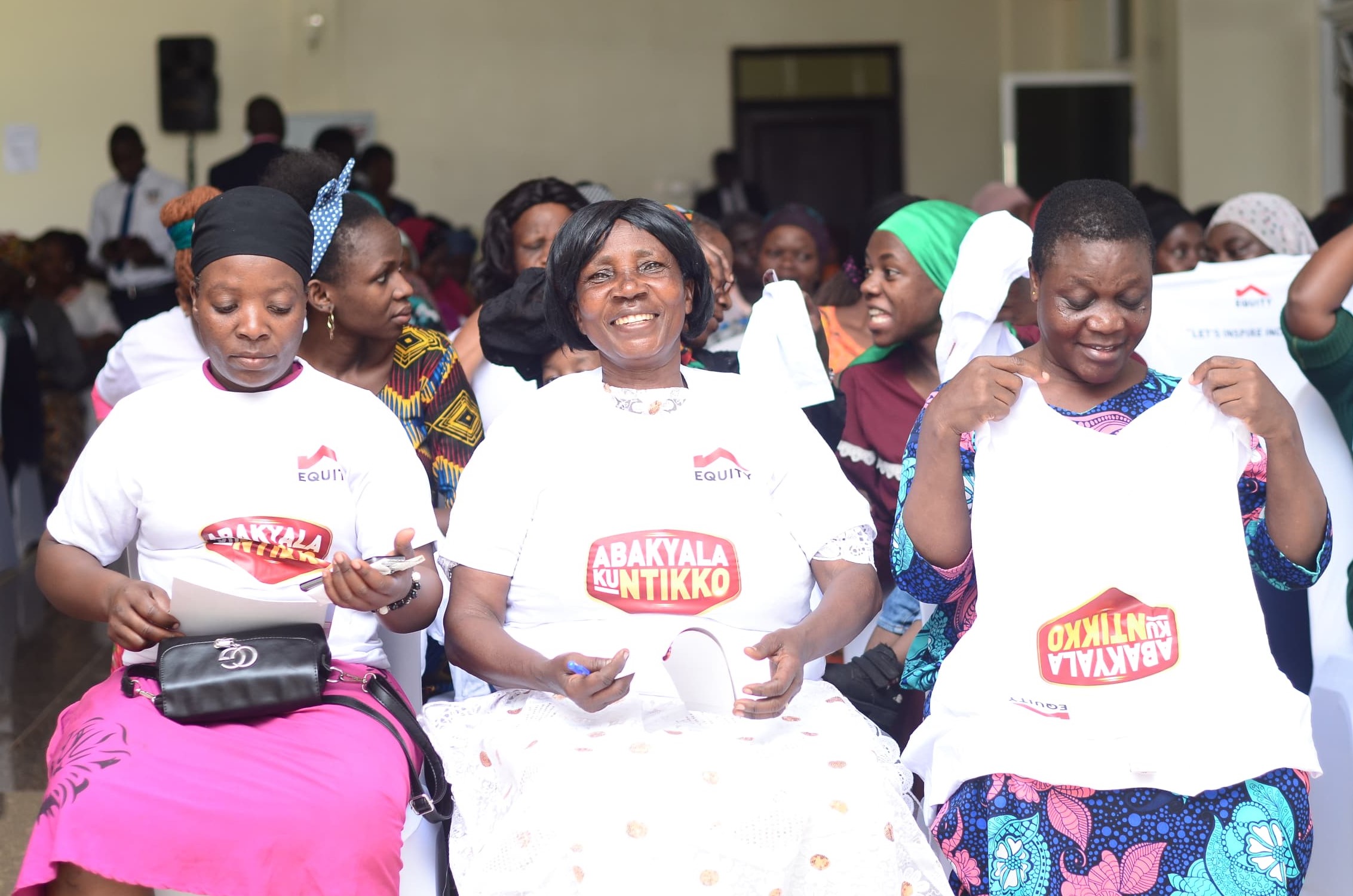2191 women started their journey to financial independence and growth through the Enterprise Development and Financial Inclusion last year, bringing to over 100,000 women and youth who have gone through…
Equity Mama loans empowers over 2,000 women to achieve financial independence


